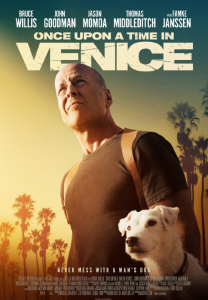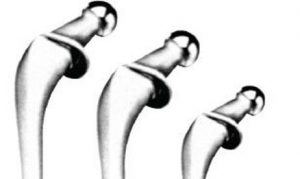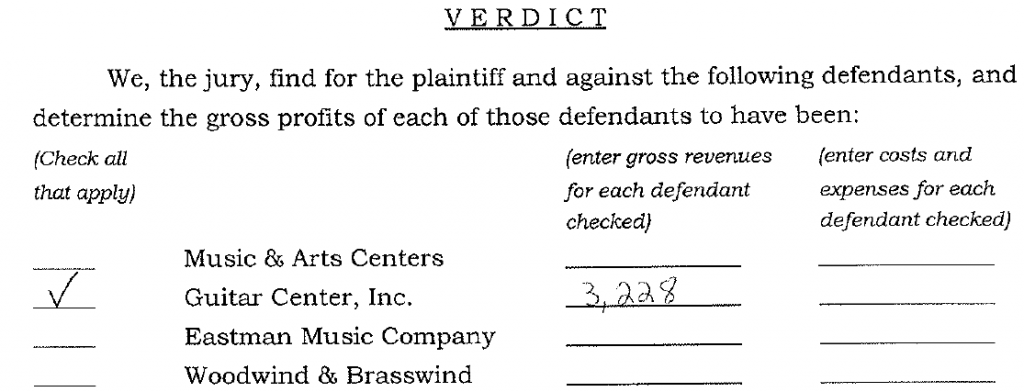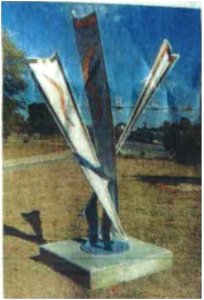Indianapolis, Indiana – Attorney for Plaintiff, Linda Matlow of Chicago, Illinois filed suit in the Southern District of Indiana alleging that Defendant, Rodgers Broadcasting Corp. of Richmond, Indiana, infringed its rights to the “Parr Photo” registered on December 7, 2011 with the U.S. Copyright Office, Registration Number VAu 1-085-861. Plaintiff is seeking actual and/or statutory damages, costs, attorney’s fees, an injunction, and any other relief as is just and proper.
Plaintiff’s Attorney, Bell, has filed many lawsuits on his own behalf asserting copyright infringement in Indiana federal courts. Bell has been unsuccessful as a plaintiff in many of his own infringement cases and has been ordered to pay the Defendant’s fees as a result. See:
- Indianapolis Real Estate Agent Sued for Infringing Copyright of Photo
- Limousine Service Sued for Copyright Infringement
- Bell Sues Shuttered Auto Repair Shop for Infringing Copyrighted Photo
- Copyright Attorney Shifts to Alleging Infringement of Different Photo
- Attorney/Plaintiff Accuses Wisconsin Analytics Firm of Copyright Infringement
- Bell Names Aramark in Latest Copyright Infringement Lawsuit
- Attorney/Photographer Sues North Carolina Hotel Operator
- Attorney/Plaintiff Bell Files Three New Lawsuits Over Photo of Indianapolis Skyline
- Eight New Infringement Lawsuits Filed by Attorney/Plaintiff
- Attorney/Photographer Files Two New Infringement Lawsuits
- Lawsuit by Frequent Copyright Litigant Dismissed for Lack of Jurisdiction
- District Court Terminates Copyright Suit Over Photo; Plaintiff Appeals
- Remaining Copyright Defendants in Bell Lawsuit to be Dismissed
- Attorney/Photographer Sues Georgia Real Estate Company for Infringing Copyrighted Photo
- Sovereign Immunity May Take a Toll on Bell’s Latest Copyright Lawsuit
- Appellate Court Dismisses Copyright Appeal as Premature
- Bell Rings in the Holiday Weekend with a New Copyright Lawsuit
- Bell Files New Copyright Infringement Lawsuit
- Bell Sues Georgia-Based FindTicketsFast.com for Copyright Infringement
- Richard Bell Files Two New Copyright Infringement Lawsuits
- Court Prevents Copyright Plaintiff Bell from Outmaneuvering Legal System; Orders Bell to Pay Almost $34,000 in Fees and Costs
- Three Default Judgments of $2,500 Ordered for Copyright Infringement
- Court Orders Severance of Misjoined Copyright Infringement Complaint
- Richard Bell Files Another Copyright Infringement Lawsuit
According to the complaint, the Plaintiff took the photograph in question in the 1980’s and proceeded to register the photograph with the U.S. Copyright Office in 2011. Plaintiff alleges that the Defendant infringed on her copyright when its subsidiary KMIX 106.9 published the photograph on their Twitter account in 2017.









